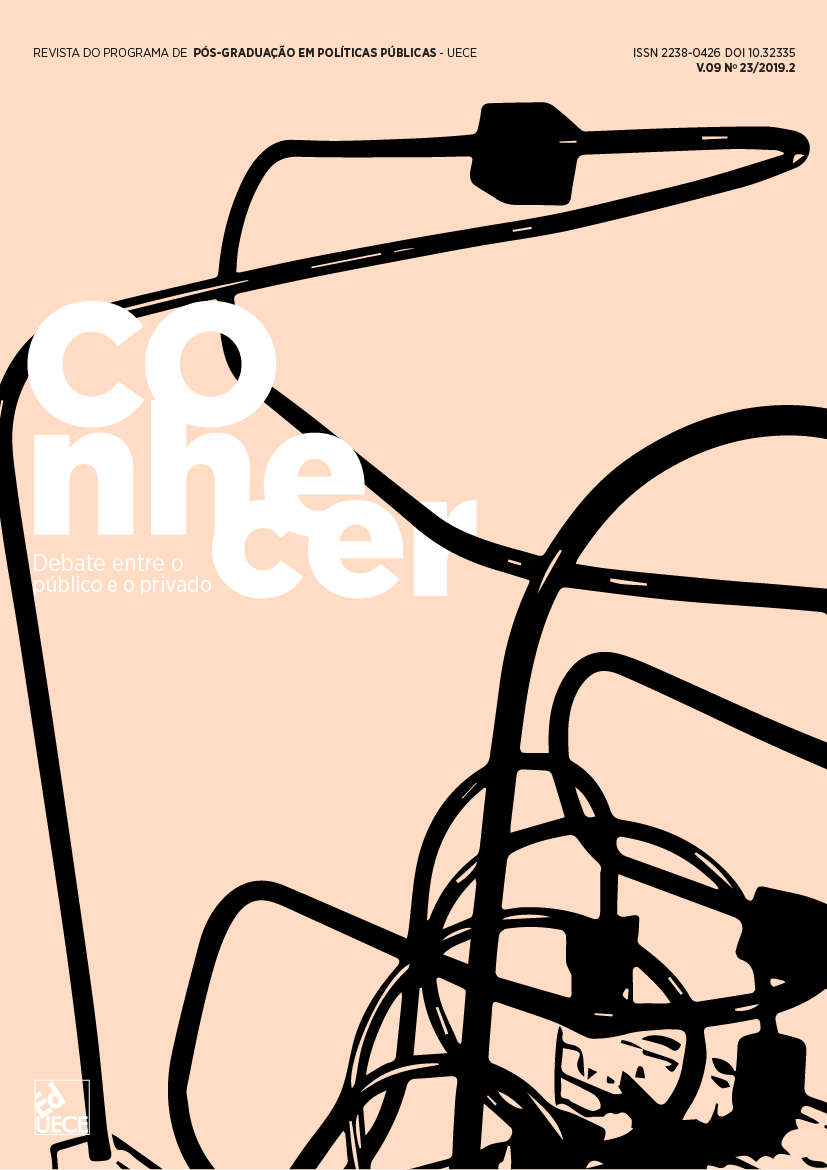Processos de resistência:
a cerâmica do Quilombo de Conceição das Crioulas
DOI:
https://doi.org/10.32335/2238-0426.2019.9.23.1422Keywords:
ways of life, resistance, collaboration, ceramics, art-education, quilombola communityAbstract
In times of restriction of the rights guaranteed by law, deconstruction of education, censorship of art, and devaluation of culture by the current federal administration, it is sought to think through, in the light of Hannah Arendt (2001), the sense of co-labor-action in material production, based on experiences related to the making-living of ceramics in the quilombola community of Conceição das Crioulas, located in the central sertão of Pernambuco, Brazil. To do this, the research that results in this article works between the resistance movements related to the land and the feminine, according to the material imagination of Gaston Bachelard (2001), to grasp the effects of retroactivation of co-labor-action on community resistance, starting from the way how the quilombola community of Conceição das Crioulas shares its territory and drives its practices. By means of a phenomenological nature and a qualitative approach, this article is grounded in the accounts and registers of the experiences conducted within the period from July 2018 to June 2019 and in the narratives of masters and people from the locality. It is concluded that the idea of co-labor-action in the making-living of ceramics at the Quilombo de Conceição das Crioulas constitutes a sense of fissure in the exclusion and cooptation of material production by the hegemonic system, if this is thought as a political action.
Downloads
Downloads
Published
How to Cite
Issue
Section
License
Authors who publish in this journal agree with the following terms:
- Authors retain the copyright and grant the journal the right of first publication, and the study is simultaneously licensed under the Creative Commons Attribution License, which allows sharing the study by acknowledging authorship and initial publication in this journal.



